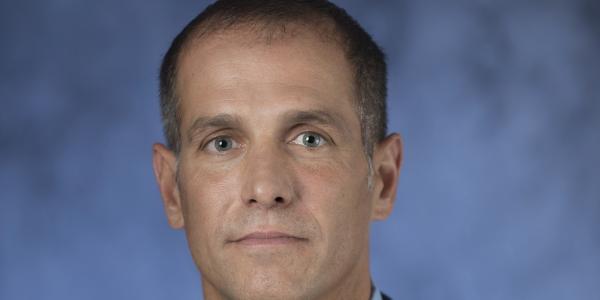Several years ago, I transitioned my school district to a full-day kindergarten program. The intent was to make kindergarten more rigorous to meet the demands of the Common Core and to better prepare our students for first grade. In essence, I wanted to make kindergarten look more like first grade. The New Jersey Department of Education had just released kindergarten guidelines to build a developmentally appropriate and rigorous kindergarten program. After reviewing the document, I realized that I was about to make the biggest mistake of my career and miss an opportunity to establish a secure foundation. I quickly became aware of the importance and characteristics of an effective and developmentally appropriate kindergarten program. The research and advocacy at NAEYC was instrumental as we transitioned from half-day kindergarten to full-day. I purchased several resources and utilized the free resources to help educate myself and the board of education. I leveraged NAEYC’s reputation for child advocacy when I received resistance to the idea. Since then, I have become an advocate for early childhood education.
Many parents and educators do not understand the importance of early childhood programs. Children are no longer provided with opportunities and supports that naturally grow their baseline. Children deserve interactions with an environment that supports their development and suppresses individual vulnerabilities.
NAEYC is certainly respected within the field and is often the standard for childcare providers. The idea of early childhood education has moved beyond centers and into the field of public education. Although this space has certainly always existed, it never got the recognition it deserved. NAEYC has the organizational capacity and respect to influence systems to make early childhood a priority.
Knowledge doesn’t often to lead to understanding; if it did, schools and centers across the country would also understand that children need specific opportunities to reach their full potential. Under my leadership, our district has created an environment that is aligned both socially-emotionally and academically to create experiences and enable children with a range of developmental abilities to experience success early in their schooling. My passion and commitment to early childhood education extends beyond my immediate community. In an effort to coordinate supports for children, I have developed an extensive partnership with the Pediatric Division of Hunterdon Medical Center. Through this partnership, we have been able to help parents understand how to support their child in the home environment, educate physicians on the need to move beyond screenings in wellness visits, and the importance of cohesion between parents, primary caregiver, and school when it comes to the social emotional development of children.
Additionally, I have worked extensively with the Department of Education to help other school districts understand how cohesion and developmentally appropriate practices are critical in PK-3, the difference between a screener and readiness assessment, and how to incorporate more choice into the primary grades. Schools and providers regularly visit our facility to observe these practices in action.
I believe that my administrative background, extensive knowledge of early childhood, established partnerships, and the success of our programs would make me a credible and contributing member to the NAEYC Board. Becoming a member of the NAEYC Governing Board is the perfect opportunity to take my advocacy to the next level.
